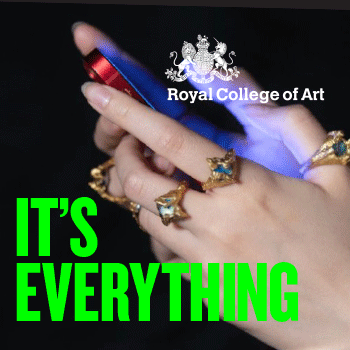10th Century Saxon Gold Ring Found in field
Rare 10th Century Saxon Gold Ring Found by Metal Detectorist in a Field in West Sussex Expected To Fetch Up To £12,000 in Auction at Noonans
Reading Time:
1 min {{readingTime}} mins
Rare 10th Century Saxon Gold Ring Found by Metal Detectorist in a Field in West Sussex Expected To Fetch Up To £12,000 in Auction at Noonans
A rare 10th century Saxon gold and enamel ring found in a field on Father’s Day (2021) in West Sussex is expected to fetch up to £12,000 when it is offered at Noonans Mayfair in a sale of Jewellery, Watches, silver, and objects of vertu on Tuesday, November 28, 2023.
It was on Father’s Day (June 20, 2021), that Peter told his nine-year-old daughter Maya that he would “bring home gold today” and he was not wrong! 46-year-old Peter who owns a
construction company, was going out for the morning on a group dig with the Sussex Metal
Detecting Group. It was on a pasture field near Greatham, near Pulborough in West Sussex at around 9am that Peter, using his Equinox 800 metal detector first found a musket ball and then a shot gun cartridge.
He explains: “The next signal at a depth of around 10 centimetres, I saw a yellow colour in the clump of clay. Looking closely, it looked like gold but thought it was just a cheap funfair item.”
He then took it to the dig organiser who realised it was something spectacular. Peter has only been detecting for one year and this is his best find so far, and he will be sharing the money equally with the landowners and hopes to spend some of his money on a family holiday.
Nigel Mills, Coin & Artefact Specialist at Noonans, continues the story: “The ring is a 10th century gold finger ring decorated with filigree and inlaid on the bezel with green and blue enamel forming an expanding cross. The ring has been recorded with the Portable Antiquities Scheme and disclaimed as treasure.” He goes on to note: “In 1086, the village where the ring was found was recorded as Gretham (Norman spelling) with the Manor House owned by Queen Edith, widow of Edward the Confessor and regarded as the richest woman in England. Lavish rings from the 10th and 11 century are rare and normally have a religious significance.”
Author:
Published:











